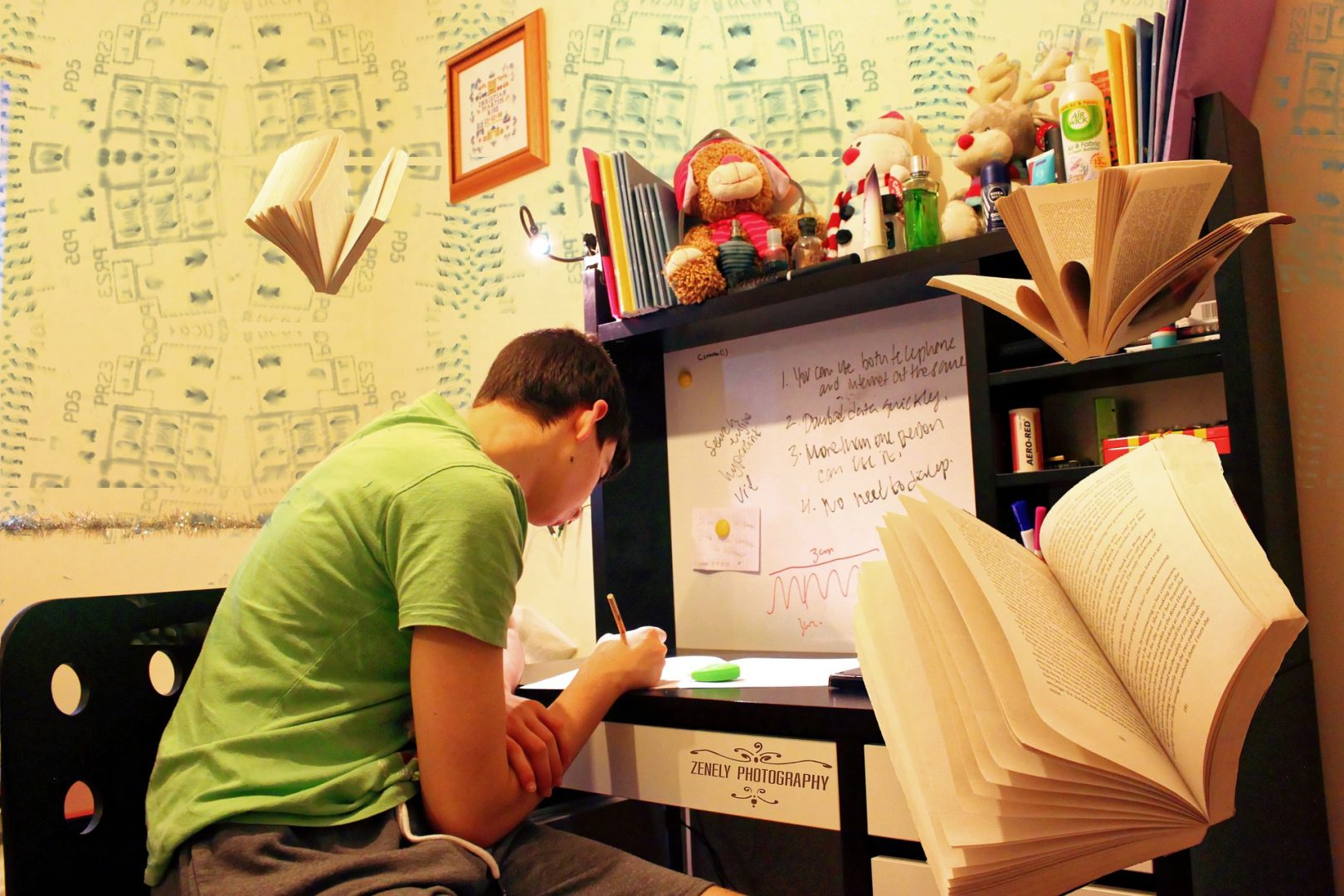Whether it is Year 2 SATS or A-Levels, exam preparation time can be a stressful one and students, parents and teachers alike can feel tense and a little frazzled. Exam preparation is a hugely significant part of teaching but often one of the most stressful and difficult. Getting the best out of students sometimes can feel like an uphill battle and the tedium of past papers and exam chatter can take its toll on even the most patient teachers. It does not always have to be this way though. Considering different approaches and revising old methods can help hugely, making the process less boring and therefore, more constructive and hopefully more successful.
Awareness of Issues
Exam time is probably the most stressful time in a student’s academic career and as teachers, it is imperative to be mindful of this. The general mood amongst students at this time is not usually one of positivity and so awareness of this can be the difference between a successful and an unsuccessful exam preparation session.
Exam preparation sessions should be fun and they should be positive. For the most part, effective revision materials such as past papers are boring and low scores in practices can have a big impact on how positive a revision session can be. However, breaking up the tedium with discussions, or opting for tasks and activities which set achievable challenges to students can reverse this and bring the session back to being positive.
Taking Time to Talk
Stress affects everyone differently and taking time out to understand what’s going on in the minds of students can make a difference to both their wellbeing and their performance. The role of a teacher is not that of a counsellor, however, a small five-minute talk with a student who does not seem to be coping well could just be enough to guide them back to the right track.
People respond well to other people being simply human. At times of stress with looming deadlines it is easy to forget that we are all human and showing your students this by talking about your experiences (we have all experienced the stress of exams) reminds them that you do understand what they are going through and you are on their side.
Have the right tools
Exam preparation is intensive by nature and as useful as past papers are, breaking up the repetition of them by the utilisation of other methods can work wonders in both results and boosting student morale. Educational, tailored games can provide students with a break from their traditional academic work while still allowing them to get some useful revision in.
Furthermore, group discussions on how to tackle topics or questions can prove just as useful as independent work on questions, if not more; group discussions allow both teachers and students to offer and gain different insights on how to tackle questions and this is especially useful in subjects which require argument or evaluation such as English or History. Views or methods not previously considered by some students can come to light during discussions and these methods and concepts all help to fill up a students’ academic arsenal with an array of approaches to exam questions.
Have a Clear Plan
Like any other aspect of teaching, exam preparation needs a clear, but highly flexible, plan. After taking time to review how students are performing and how the class is doing as a whole, a plan can be formulated well in advance of exam season to ensure maximum success.
The contents of the plan will vary from class to class and teacher to teacher, but knowing exactly where you and your class are going, and what they will be doing week by week and day by day is the key to making exam preparation as smooth and bump-free as possible. The sessions themselves may present issues that the class need further work on which may not have been accounted for in your planning and this is why your direction needs to be flexible, so as to account for any last-minute changes based on the needs of your students. As Benjamin Franklin famously said: ‘By failing to prepare, you are preparing to fail.’
Make Time for Yourself (and encourage your students to do the same)
Never lose sight of the reality of exam season; it is a few months out of a year which in the grand scheme of things, is a very small (but important) chunk of yours and your students’ lives. As long as you, as the teacher, have a clear plan in place, a positive attitude, and an eagerness to tackle any issue which may come along, and as long as your students are switched on and ready to do their best, exam season should be a relative breeze.
With all of the stress and chatter, taking time out for yourself at the end of the day to decompress and process the day’s events is massively important, and encouraging your students to take time out to do this too would be a great benefit to them. Making time for treating yourself, and encouraging your students to allow themselves to have rewards for doing well or making progress not only encourages them but also helps to look after their mental health which is vital in exam season especially.
The single most important thing for students and teachers alike to remember in exam season is that, as the old saying goes, what will be will be. There is no use in panic. If the work, time and effort are put in then results will follow, but even if they are as hoped for, it is never the end of the world and there are always Plan B’s and C’s and even Plan D’s which can be implemented. Panic breeds panic but positivity and a little extra effort can work wonders at putting the panic to bed.




